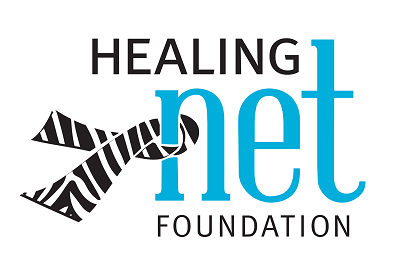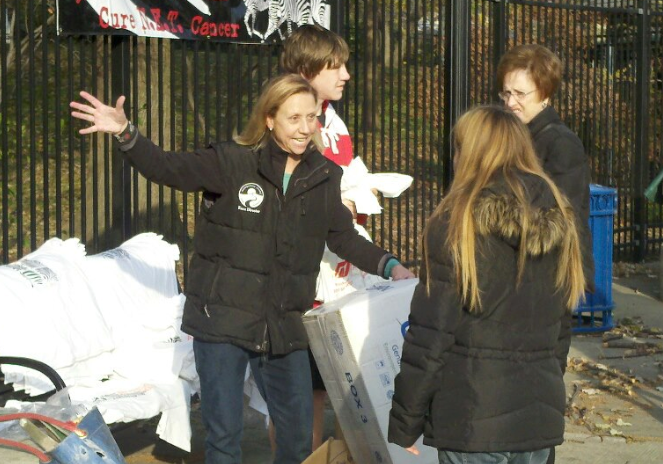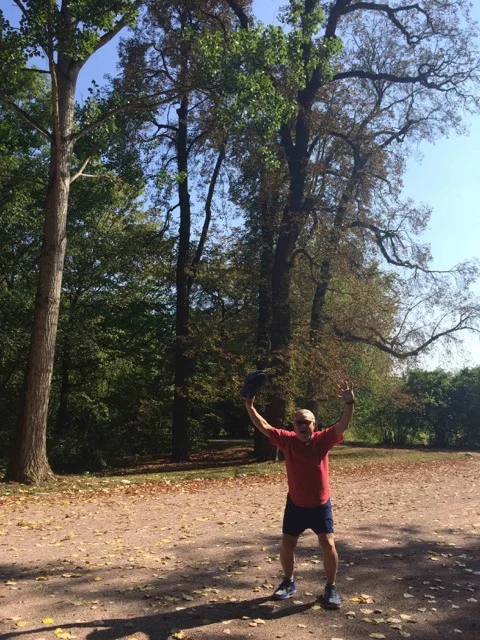Joyce Dyas: Regaining Control from Carcinoid Cancer
/Living with carcinoid cancer isn’t easy. Like many carcinoid patients, I had been experiencing symptoms for years, but originally thought it was irritable bowel syndrome (IBS). Since these tumors grow very slowly compared to other cancers, it usually takes many years before they become sizable or cause symptoms.
After an ultrasound in 2012, doctors found a primary carcinoid tumor in the terminal ileum (part of the small intestine). A carcinoid tumor is a type of neuroendocrine tumor (NET) that usually begins in the digestive tract. Soon after, I had surgery to remove the tumor and discovered that the disease had metastasized to my liver. Five months later, I had a liver resection and after which I developed carcinoid syndrome.
Read More












